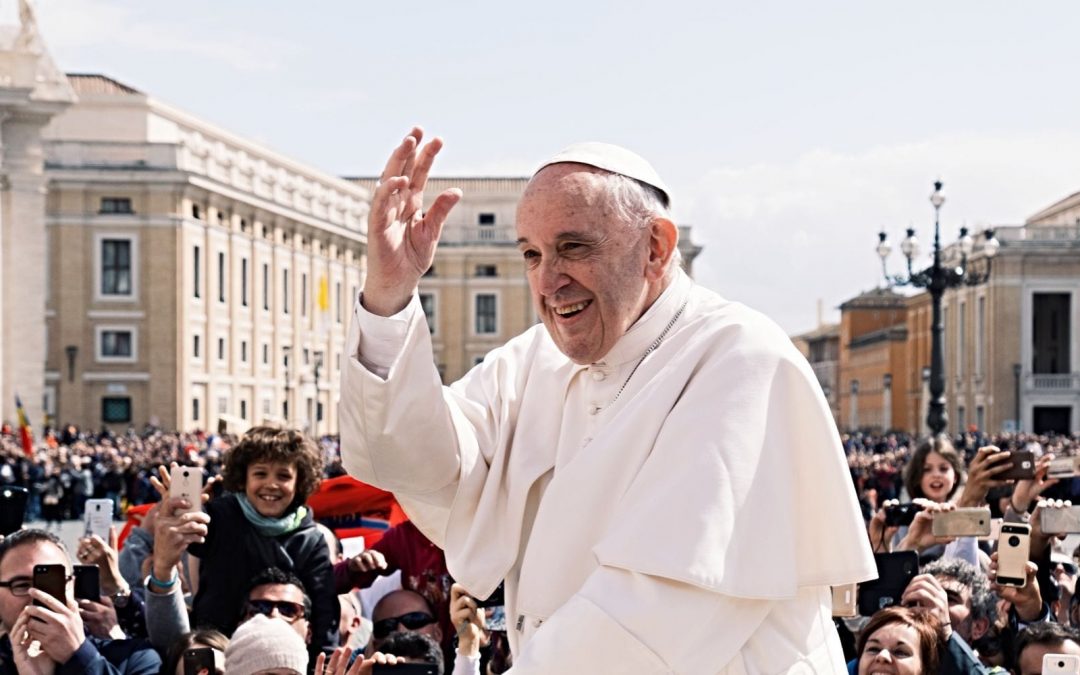The inequalities and social imbalances described in the Bible are largely unchanged today, Pope Francis said in his address for World Day of the Poor 2019.
Beginning with an exploration of Psalms 9 and 10, the address compared the economic circumstances addressed by the psalmist with those facing the world today.
“The Psalm was composed at a time of great economic development that, as often happens, also led to serious social imbalances. The inequitable distribution of wealth created a significant number of poor people, whose condition appeared all the more dramatic in comparison with the wealth attained by a privileged few,” Francis said.
“It was a time when arrogant and ungodly people hounded the poor, seeking to take possession even of what little they had and to reduce them to bondage. The situation is not much different today,” he continued. “The centuries pass, but the condition of rich and poor remains constant, as if history has taught us nothing. The words of the Psalm, then, are not about the past, but about our present, as it stands before God’s judgment.”
Later, Francis observed, “It seems that the passage of time and the advances of civilization increase their numbers rather than diminishing them. Centuries go by and the Beatitude appears even more paradoxical: the poor are always poorer, and today they are poorer than ever.”
The pope called for this annual observance in a 2016 apostolic letter in which he wrote, “We are called to promote a culture of mercy based on the rediscovery of encounter with others, a culture in which no one looks at another with indifference or turns away from the suffering of our brothers and sisters.”
Near the end of the letter, Francis established the 33rd Sunday of Ordinary Time (Nov. 17 this year) as the World Day of the Poor.
He envisioned it as “a day to help communities and each of the baptized to reflect on how poverty is at the very heart of the Gospel and that, as long as Lazarus lies at the door of our homes (Luke 16:19-21), there can be no justice or social peace.”
This first observance took place in 2017, making 2019 the third World Day of the Poor. The 2017 and 2018 addresses are available here and here.
In his 2019 address, the pontiff critiqued unjust policies, oppressive systems and negative attitudes that keep people in cycles of poverty.
These include long hours and low wages, unsafe working conditions, hostile attitudes toward the unhoused, and judgmental views regarding the plight of the poor.
“Frequently judged parasites on society, the poor are not even forgiven their poverty. Judgment is always around the corner. They are not allowed to be timid or discouraged; they are seen as a threat or simply useless, simply because they are poor,” Francis said.
In sharp contrast, the Bible says that God is especially concerned for the well-being of the poor, working for their well-being, attentive to their cries for help, angered by systems and structures that perpetuate inequality and oppressions and linked in profound solidarity with their plight.
“We can never elude the urgent appeal that Scripture makes on behalf of the poor. Wherever we look, the word of God points to the poor, those who lack the necessities of life because they depend on others,” he said.
The full text of the 2019 address is available here.
Editor’s note: This is the first article in a series this week for World Day of the Poor 2019.


